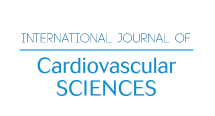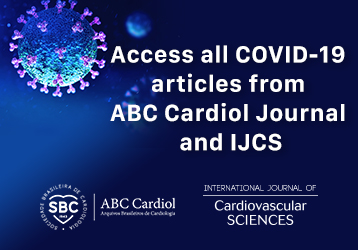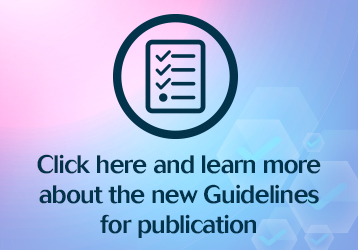Volume 33, Nº 3, May and June 2020
DOI: https://doi.org/10.36660/ijcs.20190069
ORIGINAL ARTICLE
Analysis of Adherence to Antihypertensive Drug Treatment in an Argentinean Cohort
Walter Gaston Espeche
Rodrigo Sabio
Alejandro Diaz
Roberto Parodi
Carlos Enrique Leiva Sisnieguez
Roberto Antonio Flores
Silvia Poppe
Javier Altube
Diego Grimaldi
Martin Rogelio Salazar

Abstract
Background: Adherence to antihypertensive medication is a major challenge in the management of hypertension, and non-adherence is an important barrier to effective management of hypertension.
Objectives: To determine the adherence rate to hypertensive drug treatment and the factors that influence nonadherence in a cohort of the Argentinean population.
Methods: A multicenter cross-sectional study was conducted in eight cities of Argentina. Consecutive hypertensive patients seen in general practice offices, receiving pharmacological treatment for at least six months were included. Blood pressure measurements were performed by physicians during the patient visit. The level of adherence was assessed using the Morisky questionnaire, and patients were divided into non-adherent and adherent. Continuous variables were compared using independent t-test. Categorical variables were compared using the χ2 test. To identify the variables independently associated with non-adherence, a forward stepwise binary regression logistic model was performed, and the results expressed as odds ratio (OR) with 95% of confidence interval. All tests were two-tailed, and p-values < 0.05 were considered statistically significant.
Results: A total of 852 individuals (52% women, 62 ± 13 years) were included. The main reason for lack of adherence was forgetfulness of medication intake and errors in the time of intake (~ 40% in both). Individuals with more cardiovascular risk factors (smoking, diabetes, dyslipidemia and previous cardiovascular events) had lower adherence to antihypertensive treatment, and considerably younger (~ five years younger).
Conclusions: Adherence rate to antihypertensive drug treatment in our study group was higher than the one reported in previous studies, and the main reason for non-adherence was forgetfulness of medication intake. (Int J Cardiovasc Sci. 2020; 33(3):272-277)
Keywords: Hypertension/epidemiology; Risk Factors; Antihypertensive Agents; Cross-Sectional Study.











